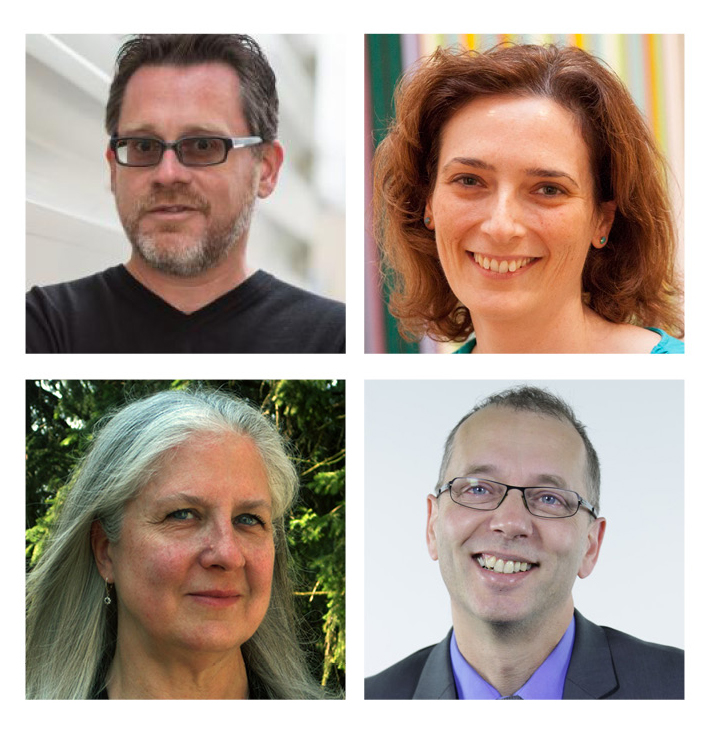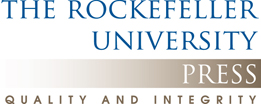Kevin McComber, Vice President of the Graduate Student Council, was part of a delegation sponsored by the National Association of Graduate-Professional Students (NAGPS) that recently went to Washington to lobby for more open access to research. In this interview with Scholarly Publishing & Licensing Consultant Ellen Duranceau, Kevin reflects on his experience in Washington.
ED: What motivated this trip, how did your group prepare for it, and what outcome did you hope for?
KM: The motivation for the trip was our membership in NAGPS, which holds “Legislative Action Days” (LAD) twice a year. NAGPS had a number of issues on its platform, so since there were three of us going from MIT (me, Alex Chan, and Alex Evans), we chose three topics to research and for which to lobby.

L-R: Alex Evans, Chair of the GSC’s Legislative Action Subcommittee; Kevin McComber, GSC Vice President; Senator Kohl; Alex Hamilton Chan, GSC President. Photo courtesy of Kevin McComber.
We prepared by deciding who would research what (I took open access, Alex Chan took the lifting of H1-B visa caps for advanced-degree holders, and Alex Evans took grad student stipend tax exemption) and then by trying to find more information about our respective topics than we thought a typical U.S. representative’s office would know.
We especially wanted to collect information about these topics from MIT or our peer institutions, as we thought that having solid examples to back our lobbying would be effective. We each wrote up our findings and shared them with the other NAGPS members lobbying in D.C. so that they could also have this research ammunition.
We didn’t really know what outcome to expect; at the very least, we were hoping to keep these topics in the minds of the people with whom we met.
ED: I understand you were lobbying for FRPAA, the Federal Research Public Access Act, which would make the research sponsored by the largest government agencies openly available on the internet within six months of publication in a peer-reviewed journal. What kind of reception did you find on Capitol Hill? What do you think is the likely future for this bill?
KM: The reception we got when we lobbied for FRPAA was universally positive. Most people asked, “So who would oppose this?” and, when we said, “Publishers,” they understood. I think everyone sees the benefits of FRPAA.
I think this bill is likely to pass this time around, due to the increasing support in academic and lobbying circles since 2006 when it was first introduced. The government just issued a request for information about it so we know there is some movement on this front.
ED: Were there any surprises?
KM: Related to FRPAA and OA, no. But we were asked to draft language for a bill to make graduate student stipends tax-exempt, which was definitely a huge surprise. We had done our research on how this could benefit the nation, and it really paid off.
ED: Lobbying in Washington seems a world away from your graduate work in Materials Science & Engineering. Were there any connections between your research and what you were talking about in Washington? What did you take away from this experience?
KM: I think the strongest connection was that I could speak confidently about these topics (especially OA and grad stipend tax exemption) because I know they would benefit the academic world. It wasn’t so much my experience in materials science but my experience in grad school and the academic lifestyle that was so helpful. I felt like we were taken very seriously because we were from MIT and because we could speak from experience on these topics.
My main take-away was how much I learned about the government and lobbying. I had always thought of lobbying as some back-room dealings and I didn’t know how legislation worked in Washington. I still don’t know as much as I should, but this was an eye-opener and I’m interested in staying involved in lobbying. I’m also continually in contact with people from SPARC (the Scholarly Publishing and Academic Resources Coalition) to stay abreast of the OA issues.

L-R: Kevin McComber; Alex Hamilton Chan; Senator Brown; Alex Evans. Photo courtesy of Kevin McComber.
ED: What would you like the students and faculty at MIT to know about FRPAA, and your trip?
KM: About FRPAA – please support MIT’s OA policy. Submit your manuscripts and theses to DSpace@MIT. Support OA in your dealings with publishers. Making OA work at MIT will be a huge help for our advocacy efforts.
About our trip – this serious lobbying effort is a new front for the GSC; previous efforts had not been as well organized and did not have visible outcomes. Being asked to draft wording for a bill, getting a front-page article in the Tech , giving this interview…we feel like our efforts have been enhanced and they’re paying off and being recognized.
ED: If graduate students are interested in these issues, do you have recommendations for whom they should contact?
KM: Please contact the chair of the GSC’s Legislative Action Subcommittee, Alex Evans, at gsc-lasc@mit.edu. This is a new subcommittee of the GSC, started because want to institutionalize our lobbying efforts and we want a framework in which to continually improve them.
ED: Kevin, thank you so much for your leadership supporting open access to research, and for taking the time to share your experience in Washington.
For more information about open access, see the Open Access FAQ













